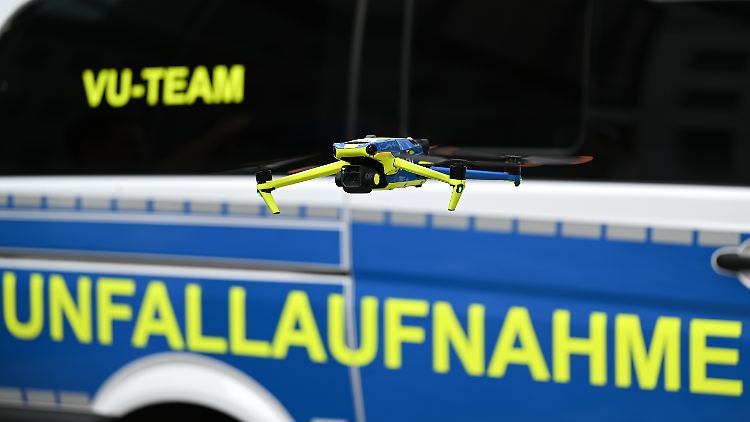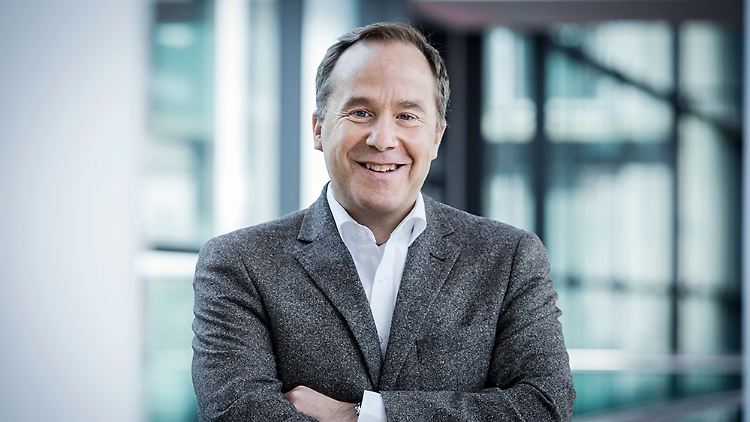control of the airspace
Droniq makes drones visible to air traffic control
07/19/2023 8:17 am
Drones are now transporting blood or tissue samples, monitoring industrial sites or helping to record accidents. In order to keep track of the unnamed missiles, Droniq offers digital services for air traffic control and the like.
More than 400,000 drones are in use in Germany – the majority of them for private purposes. According to estimates by the Unmanned Aviation Association, there are only 56,000 commercially used drones in Germany. Industry experts expect 80,000 drones by 2030.
“I don’t want us to crush the small plant of the drone market,” says Droniq boss Jan-Eric Putze.
(Photo: Droniq)
While private users use drones for fun, more and more companies and institutions rely on the flying helpers. “Drones are now also transporting blood or tissue samples that need to be analyzed quickly,” explains Jan-Erik Putze. In such cases, a car would simply be too slow if it had to struggle through the city for kilometers, explains the manager of the start-up Droniq. In addition, drones monitor industrial sites, inspect power grids and much more.
However, they are not yet completely autonomous. “I don’t see that at the moment,” says Putze. But you are slowly moving in that direction. An example of this is drone garages. The drones autonomously carry out a technical check in these garages and can then be used again after an hour. “It also checks the weather, wind and visibility and if that doesn’t match, the garage doesn’t open at all,” explains the entrepreneur, who is also a flight instructor himself.
When is the pizza coming by drone?
In order to have an overview of the unnamed missiles, digital offers are needed. One of them is Droniq, a joint venture between Deutsche Flugsicherung and Deutsche Telekom. According to CEO Jan-Eric Putze, the idea behind it is “to make drones digitally visible and then to merge them with manned aviation in an advertisement for air traffic control.” The company uses LTE technology to send position data to air traffic control. In order to keep the airspace under control, the European Union has made it possible to set up U-Spaces since the beginning of the year. Private companies like Droniq are supposed to monitor the use of drones there.

The police also use drones, among other things for recording accidents.
(Photo: picture alliance/dpa)
Regulation is important, Putze is also convinced of that. Nevertheless, he warns against too strict regulations. “I don’t want us to crush the small plant of the drone market,” said the manager. “I would like to set a safe framework and real laboratories are perfect for that.”
Jan-Erik Putze explains in the new episode of “So techt Deutschland” why consumers cannot expect parcels or pizza to be delivered by a drone in a timely manner.
In “So techt Deutschland” the ntv moderators Frauke Holzmeier and Andreas Laukat ask founders, investors, politicians and entrepreneurs how things are with Germany as a technology location. All episodes can be found in the ntv app, at RTL+ music, Apple Podcasts, Spotify and in the RSS feed. Also at Amazon Music and Google Podcasts you will find it.
